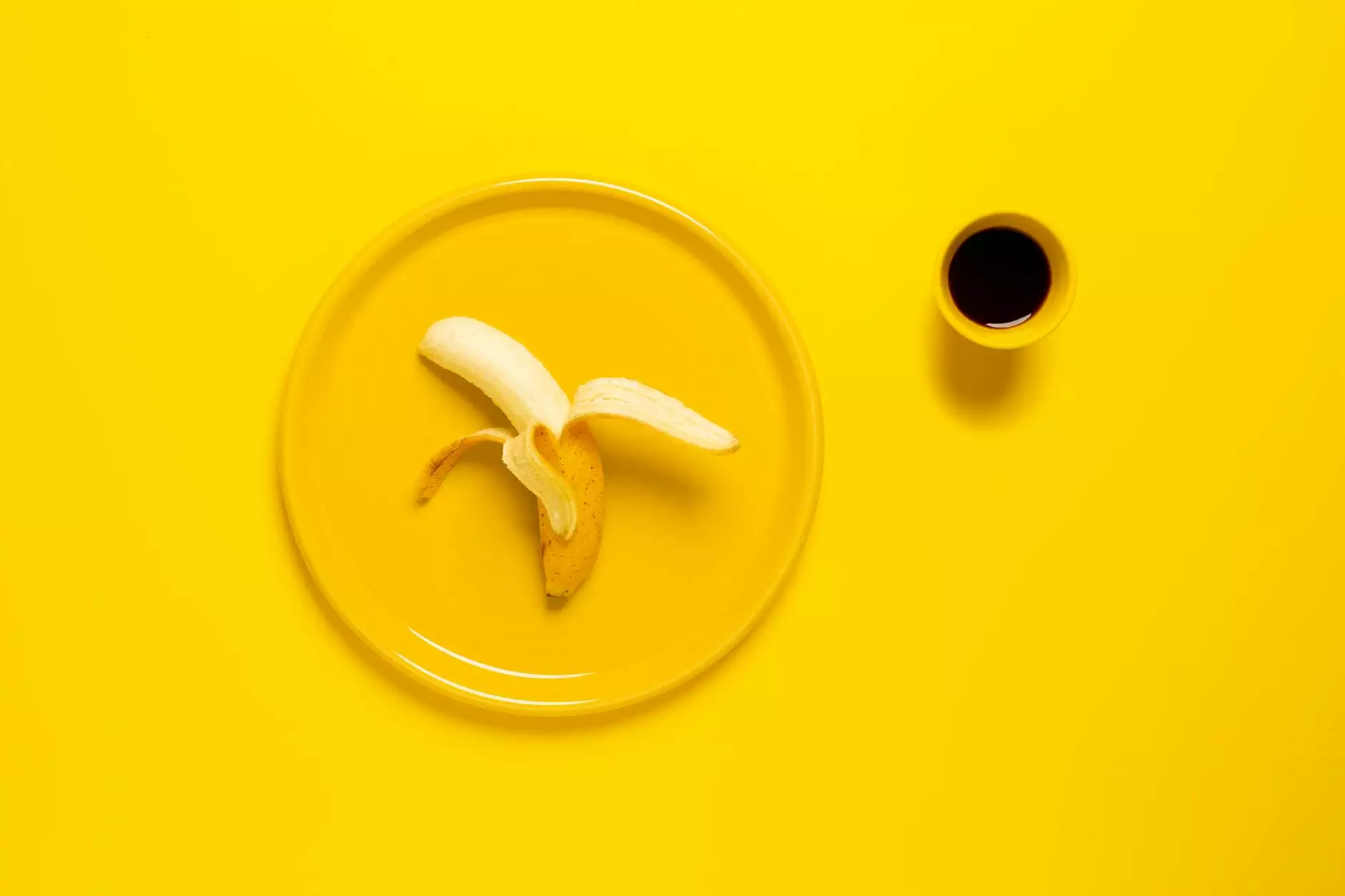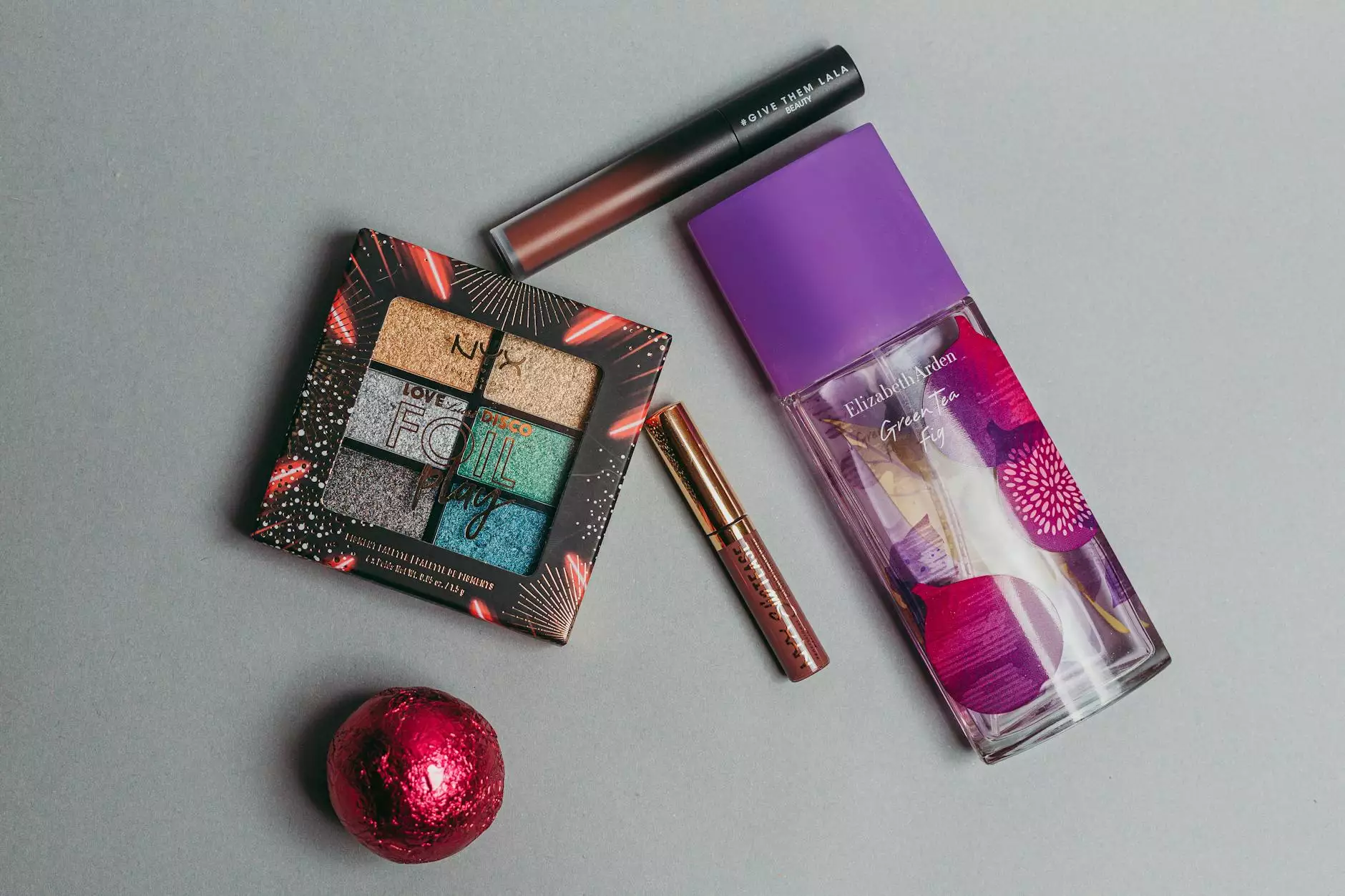The History and Future of Soap: Insights from Codify Designs

Introduction to Ancient Soaps
Ancient civilizations such as the Babylonians and the Egyptians are credited with being some of the first to discover the art of soap making. The Babylonians are believed to have created soap around 2800 BC using a mixture of ashes and fats, while the Egyptians enhanced this formula by adding animal and vegetable oils. The historical roots of soap making go back thousands of years, highlighting its importance in early civilizations.
Evolving Hygiene Practices: When Soap Became Essential
Soap as a hygiene product began to gain popularity during the Roman Empire. The Romans valued cleanliness and believed in the power of soap for personal hygiene. The development of soap continued to evolve during the Middle Ages, where it was an essential commodity for maintaining health. The progress of soap making techniques over centuries underscored its significance in daily life.
Soap Through the Ages: From Bronze Age to Civil War
The Bronze Age marked a significant period in soap making, with civilizations such as the Minoans and the Phoenicians adopting soap for cleansing purposes. Civilizations across various regions embraced soap as a crucial element of their bathing rituals and personal care regimes. The Civil War era in the United States saw soap being used for cleaning wounds and maintaining hygiene in challenging conditions.
The Composition of Early Soap and Its Ingredients
Early soaps were crafted from a combination of natural ingredients like oils, animal fats, and alkalis. These components were mixed in precise proportions to create a cleansing agent that was both effective and gentle on the skin. The evolution of soap ingredients reflects the innovation and creativity of early soap makers in their quest for improved formulations.
Transition to Modern Soaps: Innovations and Varieties
Modern soaps have undergone a transformation with the advent of commercial production and technological advancements. The market today offers a diverse range of soaps with varying fragrances, textures, and specialized properties to cater to different skin types and individual preferences. The ongoing evolution of soap products continues to shape the industry and meet the changing needs of consumers.
The Future of Soap: Sustainability and Eco-Friendly Approaches
As environmental consciousness grows, the soap industry is moving towards sustainable practices and eco-friendly formulations. Brands are focusing on biodegradable packaging, organic ingredients, and ethical sourcing to reduce their environmental impact. The future of soap lies in innovative solutions that prioritize both efficacy and environmental responsibility.
Conclusion: From Past to Present
Codify Designs invites you to explore the rich history and promising future of soap, tracing its journey from ancient civilizations to the modern era. Gain insights into the origins of soap, its evolution, and its enduring significance in personal care and hygiene practices. Discover the legacy of soap through our comprehensive perspective on this essential product.









